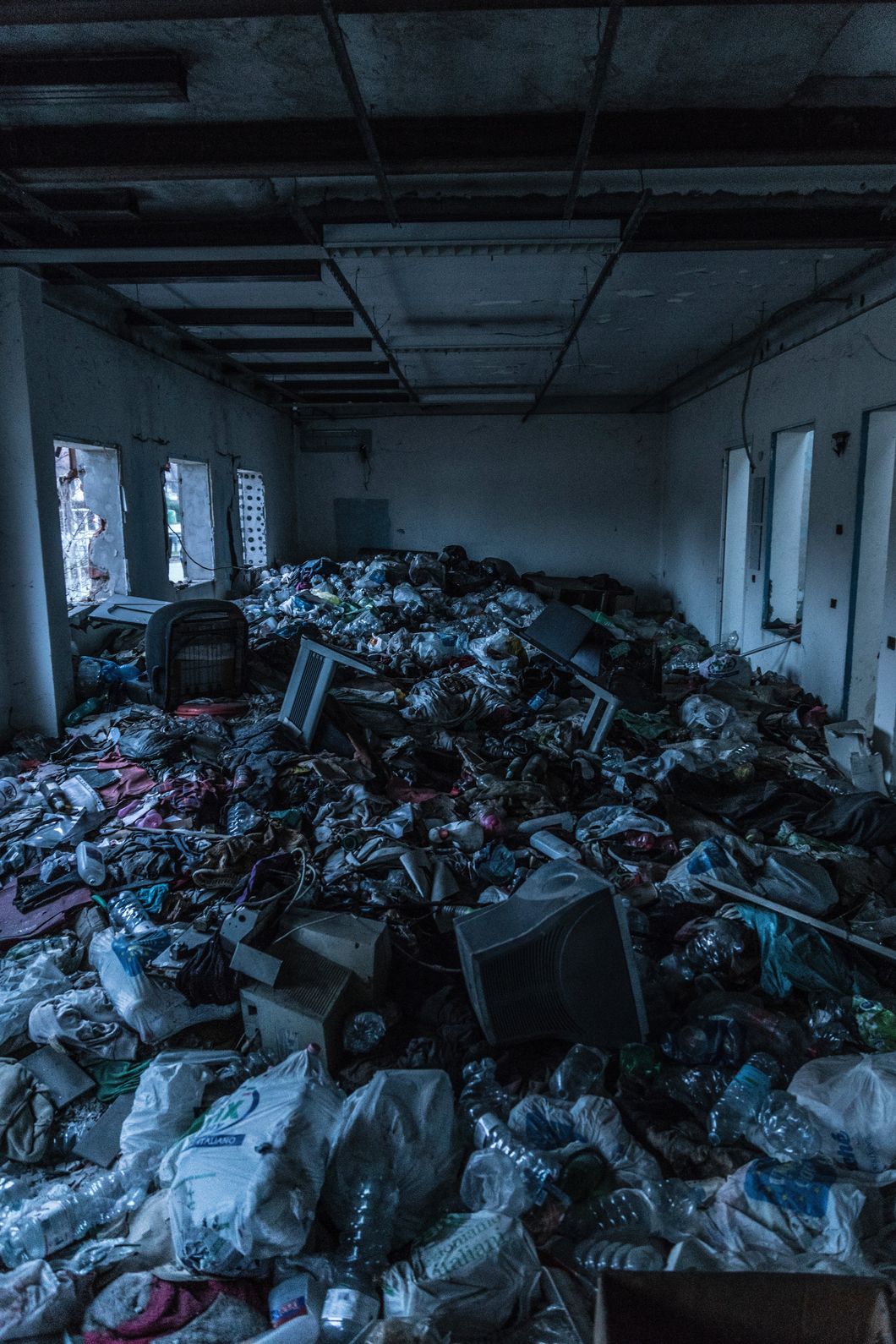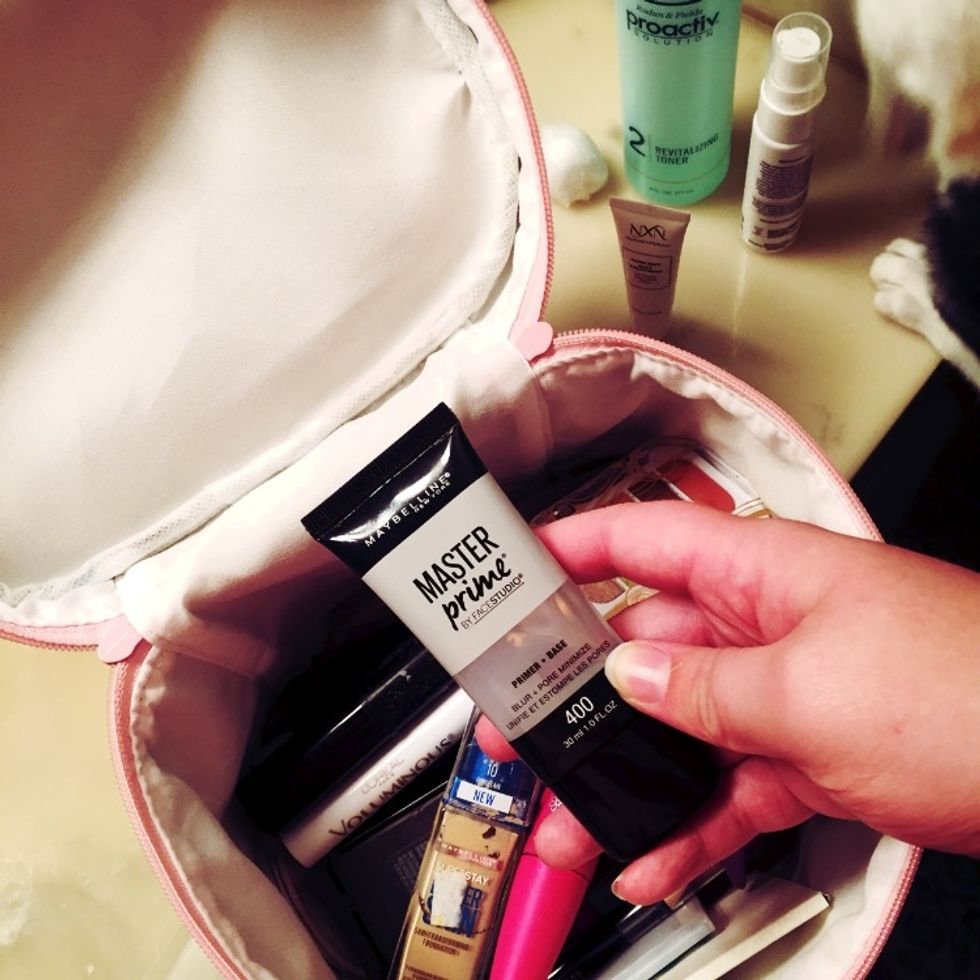Philadelphia Isn’t Recycling Half Of Its Recyclables, So Let's Fix That
It's not at the fault of public officials, just circumstance. See here what you can do.
As of January 1, Philadelphia recycles plastics and other recyclable material significantly less— around half as much. Even worse, the recyclable material that is not re-processed is incinerated for energy at the Southwest Philadelphia Covanta Facility. Although sending recyclable materials to "energy-waste facilities" is better than allowing the material to stagnate in landfills for hundreds of years, burning plastics release harmful pollutants. Alternative Energy News reports that "[t]he combustion of plastics, like polyvinyl chloride (PVC) gives rise to … highly toxic pollutants" such as "heavy metals, dioxins and furans."
This carbon-catastrophe is a result of China's recent policy change on scrap imports. China increased its contamination threshold from .5 to 3 percent— "contamination threshold" being a jargon term which indicates the prohibited amount of food or other waste present on the recyclable material. This increase to the contamination threshold subsequently increases the price per ton for recyclables. The price per ton prior to China's policy change was $40—-currently it has now risen to $170! This sudden, steep incline in price has led to "in the moment" and temporary action in the form of the incineration of recyclables.
The rest of the U.S. is feeling the effects of this policy as well. The website WasteDive.com has compiled a list organized by state in alphabetical order detailing the ways in which states are affected. The list gives a rating for the level to which each state is effected, and Pennsylvania ranks a troubling "heavy" on a scale of minimum-noticeable-heavy.
Environmentalists and scientists alike in the Philadelphia area have created an organization dubbed, "Real Recycling Philadelphia," and are advocating for Philadelphia streets to find a new methods to recycle all of it's recyclables, rather than half. You can help their cause by visiting their website, and signing their petition.
Just as well, you can help ease the pressure put on Philadelphia Streets and use less plastic and paper. Read your assignments online rather than print them out, use a reusable water bottle and don't throw greasy pizza boxes— which are never recyclable— in the recycle. Whether you take action or not, it would be wise to be mindful as to where your water bottle is really going.


























